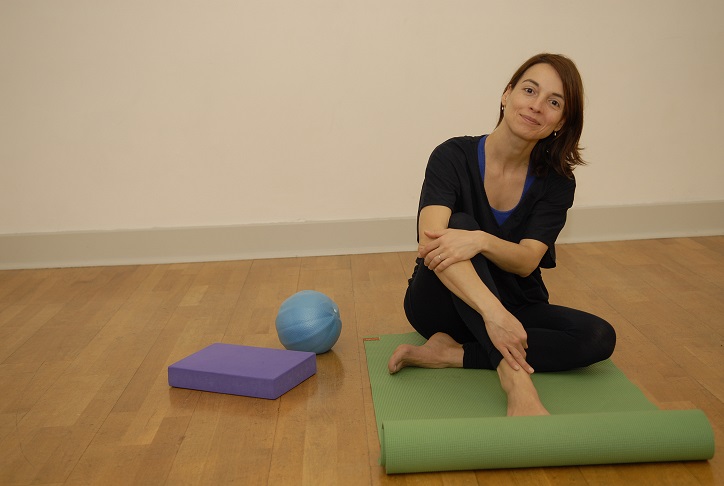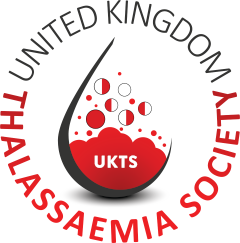Exercise

Pilates Information
Carole Leblond
Having practised Classical Matwork Pilates as my fitness routine for 10 years, I decided to train as a Pilates teacher when I moved to London from Paris in 2014. I have practised a lot of different sports (aikido, dance, skiing, synchronised swimming), but only Pilates gave me this intense sense of precision and concentration, really connecting my mind to my body to finetune my movements. This is why I wanted to become a Pilates teacher, and more broadly a movement teacher, to share not only the physical benefits of this method, but most importantly its neuromuscular benefits.
I completed my training with Body Control Pilates in 2017 and I have since done further specialised trainings (Pilates for pregnancy, Pilates for bone health, Low Back Pain Practitioner). I am also a qualified Reformer teacher. I regularly attend further development courses as I believe it is essential to remain a student with an open mind.
How Pilates can be beneficial for thalassaemia patients?
One of the main benefit of Pilates is to develop self-awareness and proprioception. This skill is very important in particular for thalassemia patients as they may suffer from low bone density and are at a higher risk of fracture. So, building awareness of the different structures of the spine, developing the ability to feel and organise these structures and how they relate to each other (neutral alignment of the spinal joints) are key skills to transfer forces safely and efficiently through the spine.
For example, learning to do a hip hinge or a squat using the hips instead of compressing the lower back is a really useful skill that you can use throughout your day when standing from a chair, emptying the dishwasher or lifting a suitcase!
Moreover, with a specific training programme including weight-bearing exercises (which can be the weight of the body itself or the force of muscular contractions), Pilates can help strengthening the muscles around vulnerable bones (wrist, hip, spine) and gradually stress them to maintain and improve their density. Finally, by improving coordination and developing better balance, Pilates can help to prevent falls.
